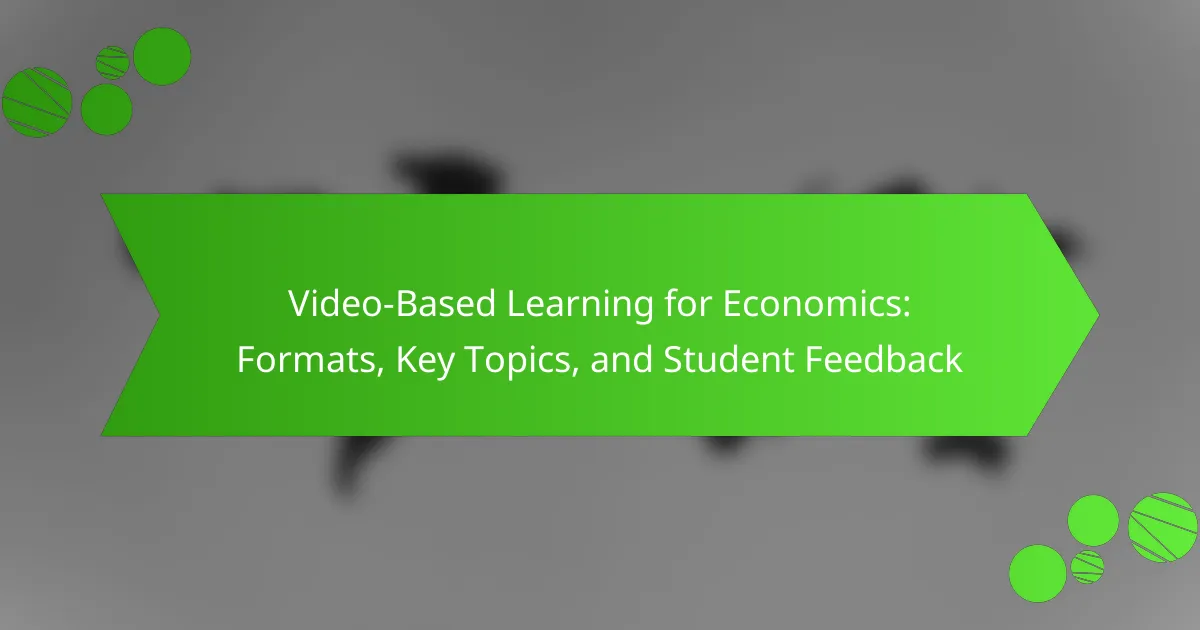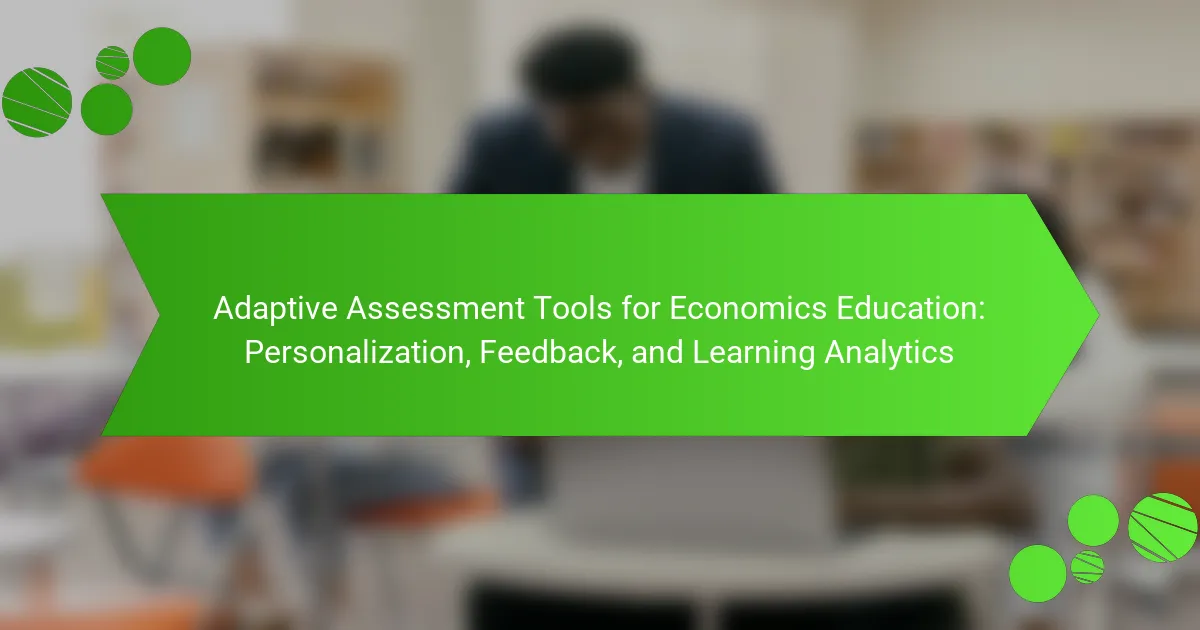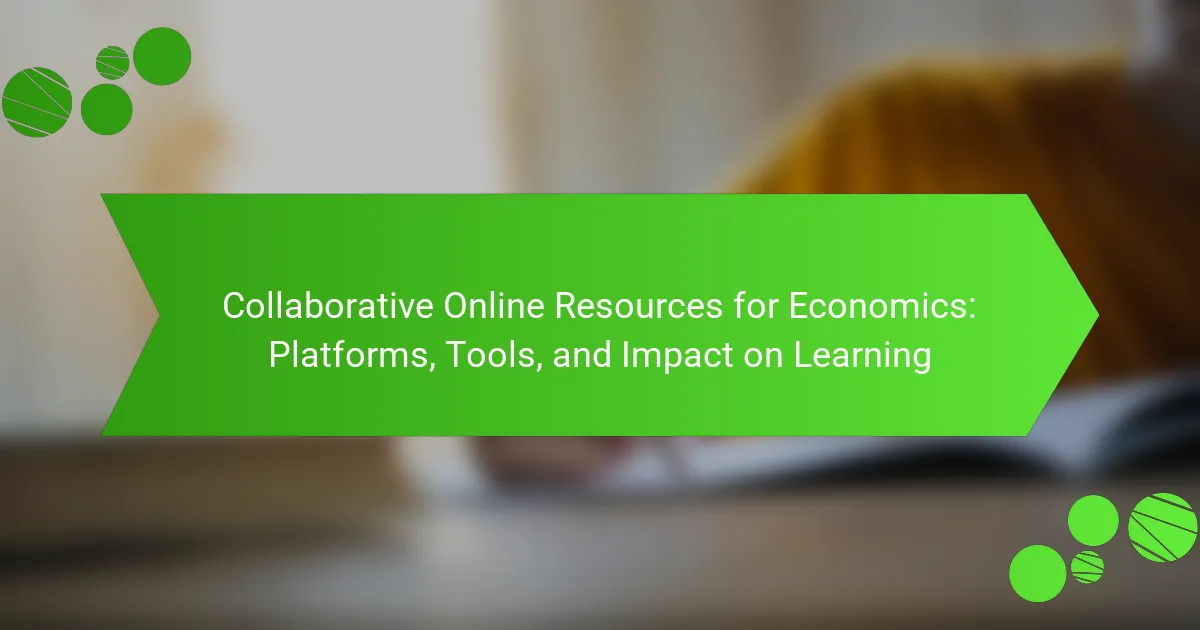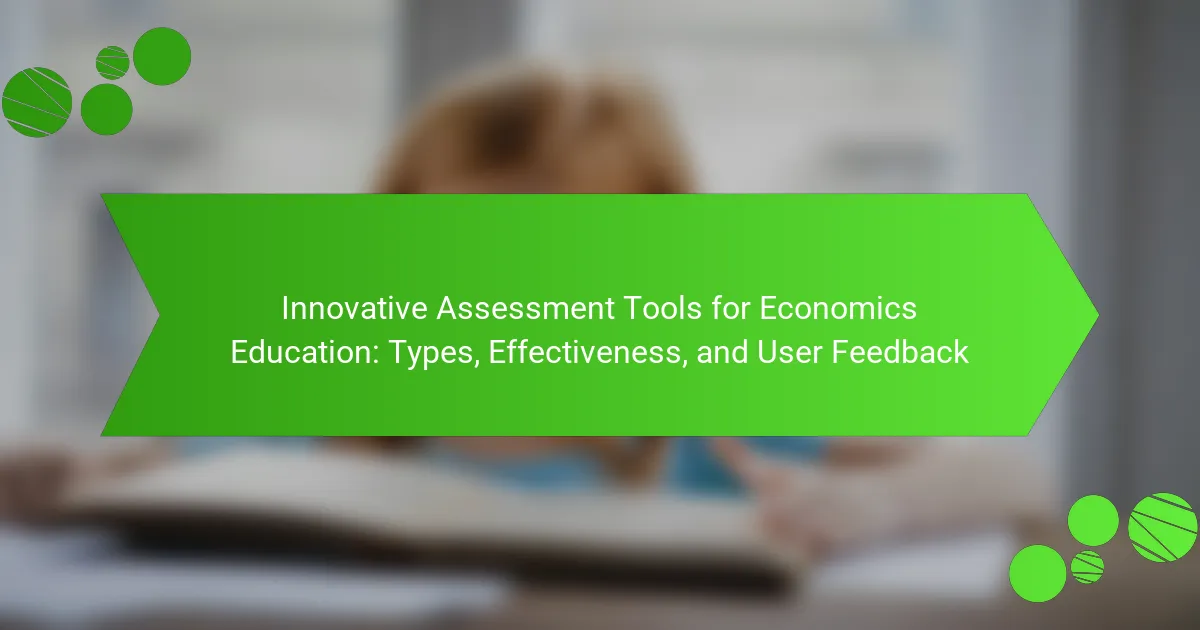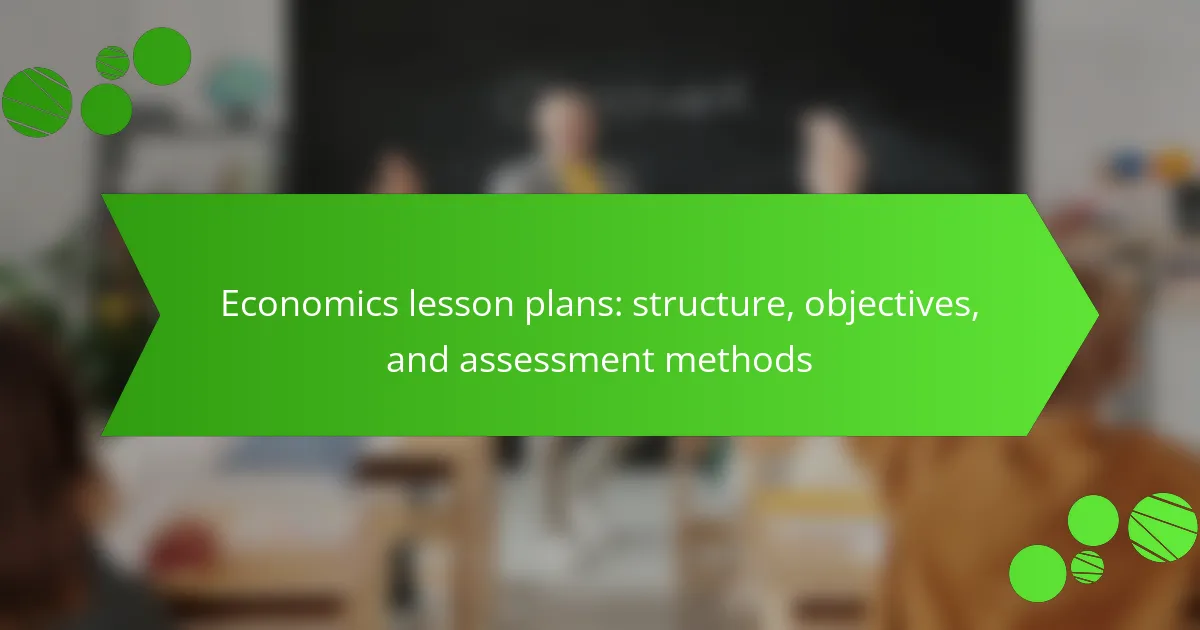
The Role of Incentives in Economics: Types, Effects on Behavior, and Case Studies
Incentives are rewards or penalties that influence the behavior of individuals and organizations, significantly impacting economic decisions and market outcomes. This article explores the various types of incentives, including financial rewards like bonuses and taxes, as well as non-financial motivators such as social recognition. It examines how incentives drive specific actions, supported by case studies…
